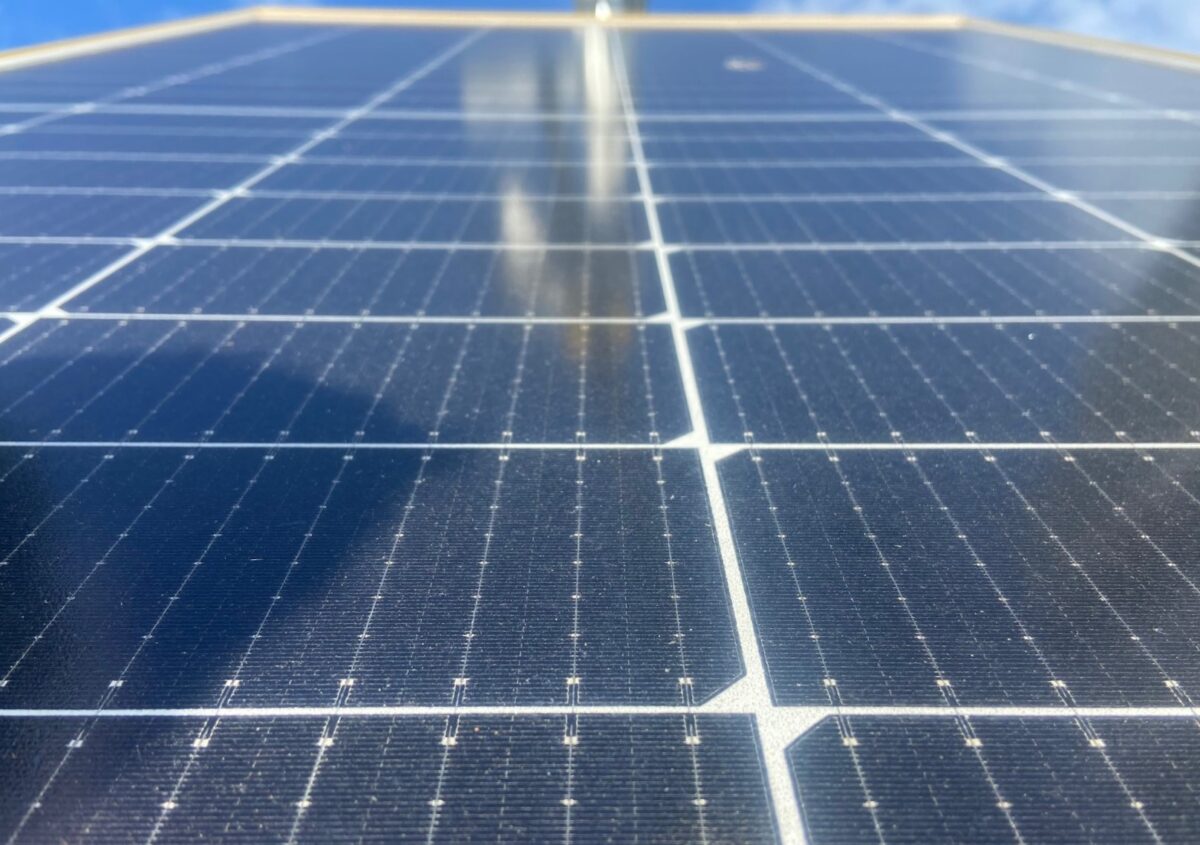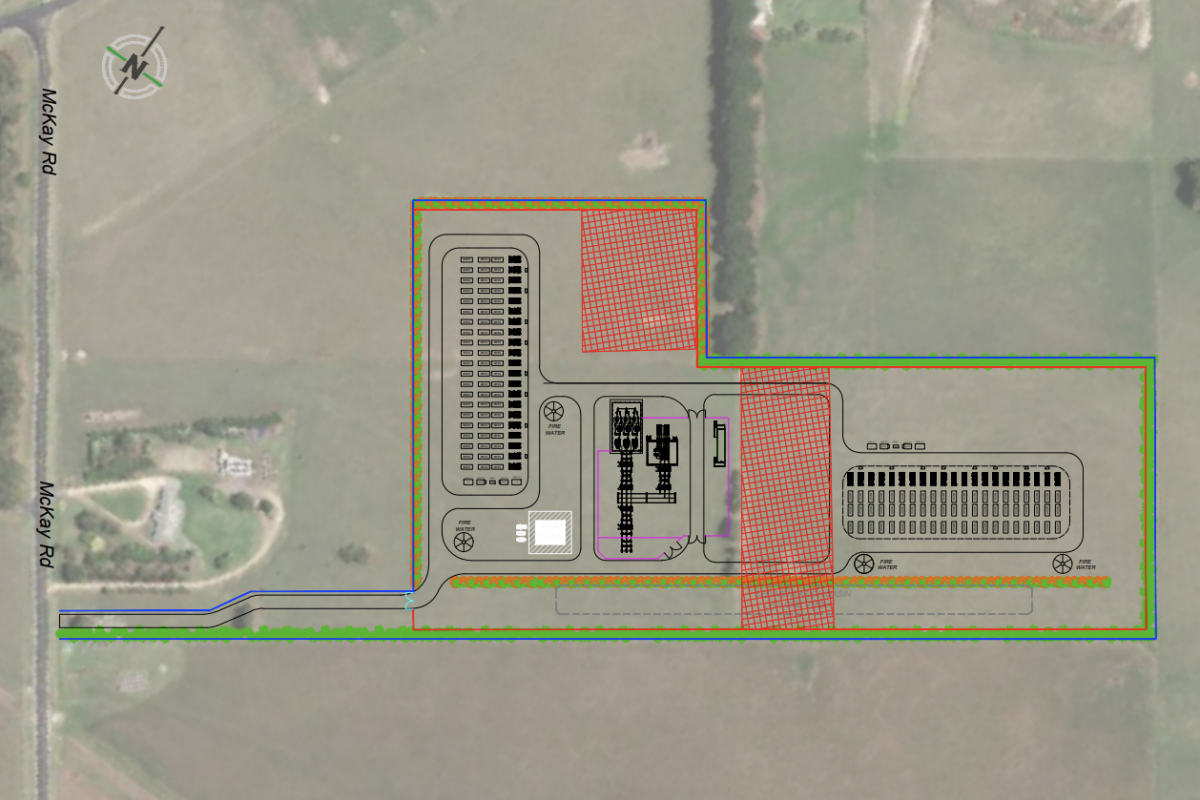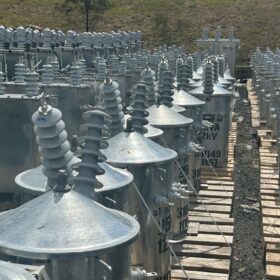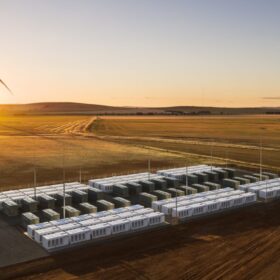Over $2.6 million (USD 1.7 million) have been allocated to renewable energy research products involving perovskite cell commercialisation, battery cell aging, next-gen anode technology, electric vehicle charger security, and solving distributed energy resource network constraint complexity.
University of Wollongong
Received through the Australian Research Council (ARC) Linkage Projects 2024 Round 2, the University of Wollongong’s Enabling Design of New-Generation SiC Anode Battery Technology project was awarded the largest grant at $715,000.
In collaboration with industry partner, Wollongong-headquartered silicon-carbon anode materials producer Sicona Battery Technologies (Sicona) the project aims to develop next generation Si-composite anode technology of lithium-ion (Li-ion) batteries.
University of New South Wales
The University of New South Wales (UNSW) has received a $670,000 Linkage grant for inks development for commercial manufacturing of perovskite photovoltaics.
Working with Chinese silicon products manufacturer Phoenixolar Technology, the project aims to commercialise the latest perovskite solar technology breakthroughs by developing scalable manufacturing processes and enhancing solar module stability.
Led by Professor Xiaojing Hao, Dr Meng Zhang, Associate Professor Jiangtao Xu and Professor Yuelong Huang, the project integrates rationally designed self-assembled monolayers and stable perovskite inks for printing fabrication, aiming to transform lab innovations into market-ready solutions.
Swinburne University of Technology
Using digital twin technology, and a deep learning and electrochemical models, researchers at the Swinburne University of Technology will research innovative approaches to control battery aging at a cell level.
The recipients of a $449,882 Linkage grant, Professor Weixiang Shen, Associate Professor Rosalie Hocking, Dr Xiaohua Ge, Dr Peter Mahon, Dr Zhe Zhang; Kristian James Guinto and Bowen Zhang aim to extend the lifetime of battery energy storage systems by predicting the impact of operating conditions on battery aging and regulating these conditions to control the aging process and extend battery life.
“This project will enable my team to develop an innovative control strategy to actively manage the operating conditions of an individual battery cell using digital twin technology,” Shein said.
“It offers an excellent opportunity to implement and validate our approach in inverter-less battery energy storage systems provided by our industry partner, which uniquely enables cell-level control within the system.
Also at Swinburne, a team of researchers allocated $474,531 are working on protecting electric vehicle (EV) car chargers from cybersecurity threats.
The Fuzzing for Security Test of Electric Vehicle Charging Stations project aims to address the challenges of diverse range of vehicles and charging station by developing innovative functionality-guided, update-guided, and greybox-guided fuzzing techniques.
“This grant will allow my team to build advanced cybersecurity tools that address the challenges posed by the interaction between EV charging stations, diverse EVs, the national power grid, and wireless communication protocols,” Project Lead Professor Yang Xiang said.
University of Sydney (USYD)
In collaboration with Sydney-headquartered renewable energy solutions company My Energy Group, researchers from USYD aim to uncover the fundamental principles that govern the complexity of electricity network constraints with the goal of maximising the profitability of distributed energy resources (DERs).
Recipients of $373,000 the project will integrate theoretical mathematical modelling, numerical simulations, and practical applications to address the complex interplay of variables in network operation and energy trading.
Expected outcomes include innovative solutions for a customer-centric energy trading tool for DERs to enhance the efficiency of electricity markets, contributing to the sustainable growth of Australia’s energy sector.
This content is protected by copyright and may not be reused. If you want to cooperate with us and would like to reuse some of our content, please contact: editors@pv-magazine.com.









By submitting this form you agree to pv magazine using your data for the purposes of publishing your comment.
Your personal data will only be disclosed or otherwise transmitted to third parties for the purposes of spam filtering or if this is necessary for technical maintenance of the website. Any other transfer to third parties will not take place unless this is justified on the basis of applicable data protection regulations or if pv magazine is legally obliged to do so.
You may revoke this consent at any time with effect for the future, in which case your personal data will be deleted immediately. Otherwise, your data will be deleted if pv magazine has processed your request or the purpose of data storage is fulfilled.
Further information on data privacy can be found in our Data Protection Policy.